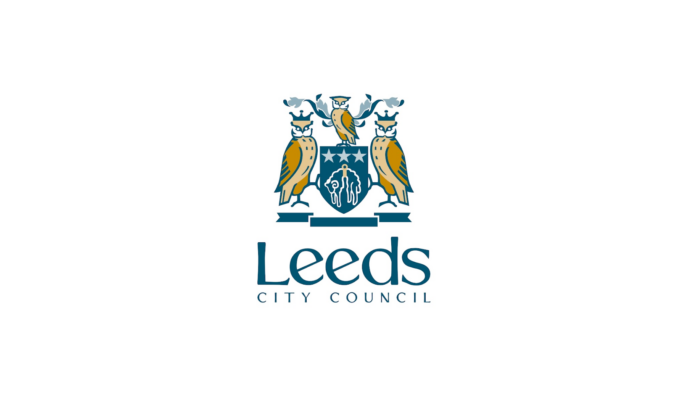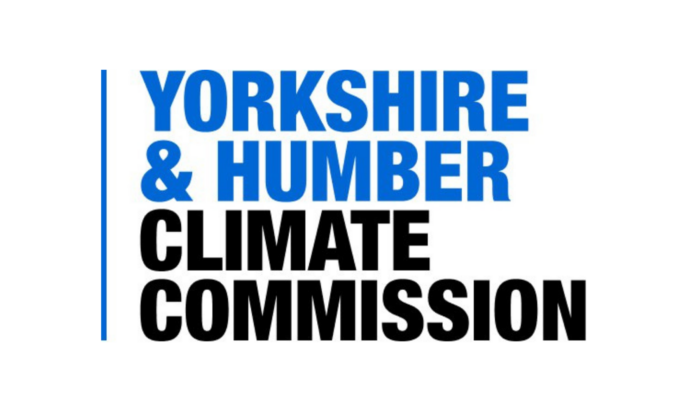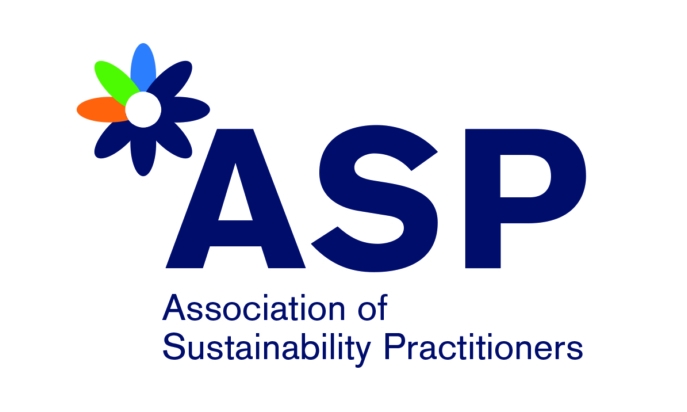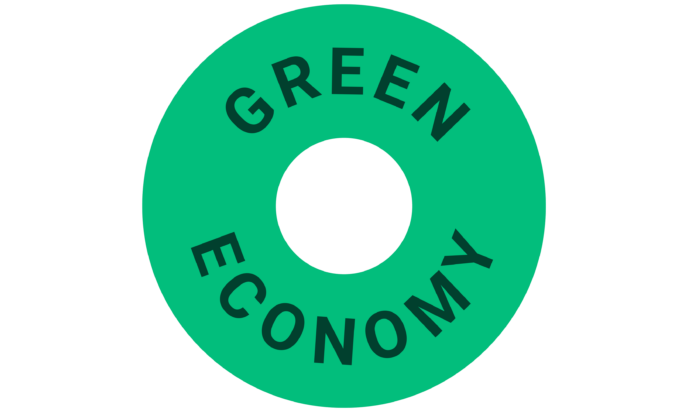10 Easy Ways to Become a More Sustainable Business
Monday 08 April
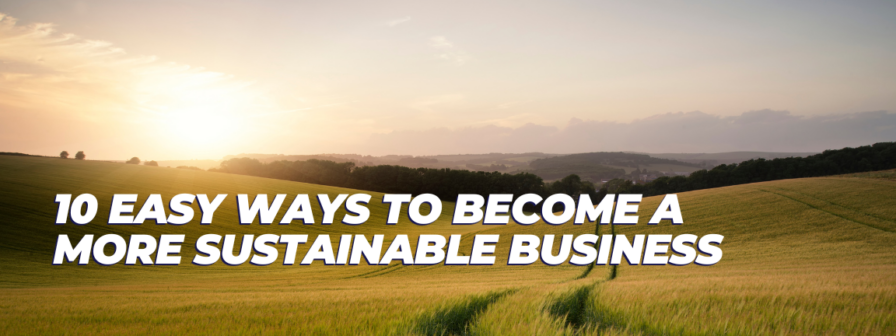
In today’s rapidly changing business landscape, sustainability isn’t just a choice; it’s a strategic imperative. As consumers become increasingly eco-conscious and regulations tighten, businesses need to adapt to meet the demands of a more sustainable future. It’s not just a nice to have, or shiny green credential that you can shout about in your marketing comms, it’s vital to living and we need to act now if we want our grandchildren and great, great grandchildren to inherit the earth that we live on. The good news is that transitioning to a sustainable business doesn’t have to be daunting or have a drastic impact on your bottom line. Here are ten easy ways to transform your business into a sustainable powerhouse in the UK:
Conduct a Sustainability Audit:
Have you ever stopped to reflect on how sustainable your business currently is? Many of us are so focussed on the next revenue target or the next big campaign that we forget to slow down and truly look inwards – It’s not always about looking up and out. Start by assessing your current practices and identifying areas for improvement. A sustainability audit will help you understand your environmental impact, pinpoint opportunities for change and act as a starting point for switching to more sustainable practices.
Embrace Renewable Energy:
Switching to renewable energy sources such as solar, wind or biomass power can significantly reduce your carbon footprint and lower your energy bills. You can consider investing in on-site renewable energy generation or sourcing renewable energy from a certified provider. If you’re planning on installing any type of renewable tech, you need to bear in mind that it will take a good few years to produce any sort of tangible return so this approach is currently best suited to companies who own their premises or have a longer term letting contract.
Implement Energy-Efficient Practices:
Improving energy efficiency is key to reducing your environmental impact and cutting costs. Simple measures such as upgrading to energy-efficient lighting, installing smart thermostats, and optimising equipment usage can lead to substantial energy savings. Heating is one of the biggest energy costs for businesses so preventing heat loss can drastically reduce energy costs. Just like domestic environments, ensuring that lights are switched off when not in use, energy efficient appliances are used and draughts are kept to a minimum are all really easy but beneficial measures to reduce energy consumption.
Optimise Your Supply Chain:
Evaluate your supply chain to identify opportunities for sustainability improvements. Look for suppliers who prioritise sustainable practices like recycled packaging and ethical sourcing, and consider options such as local sourcing to reduce transportation emissions. Reducing air miles by using seasonal produce is key if you’re in the food industry and manufacturers can look closely at how they can reduce the environmental impact of their product from the initial research and design stage all the way through to doorstep impact. Depending on your business type there will be many different approaches you can take to develop a more sustainable supply chain and become more favourable in the eyes of the consumer too.
Minimise Waste:
Implement waste reduction strategies such as recycling, composting, and waste diversion to minimise your environmental impact. There are companies who specialise in this area who can help you become a more sustainable business. Encourage employees to reduce paper usage, reuse materials whenever possible, and recycle responsibly. It’s not only physical waste that you should consider though. Looking at your digital practices within your organisation can make a positive impact on your greenhouse gas emissions too. Reducing video calls, high data emails, cloud storage plus optimising your website can all help clean up your digital footprint.
Promote Sustainable Transportation:
Encourage employees to reduce their carbon footprint by car sharing, cycling, or using public transportation. Consider offering incentives for commuter benefits, such as cycle to work schemes, or sharing options that support sustainable transportation choices, like electric vehicles and charging points for employees.
Make Your Facilities Greener:
Make your facilities more sustainable by implementing measures such as water conservation, green landscaping, and eco-friendly building materials. Consider investing in energy-efficient appliances and equipment to further reduce your environmental impact.
Engage Your Employees:
Foster a culture of sustainability within your organisation by educating and engaging your employees. People are at the helm of businesses and we are all responsible for the future of our planet, so we need to work together, little by little to drive change and develop more sustainable businesses. Providing training on sustainability best practices, encouraging employee involvement in sustainability initiatives, and recognising and rewarding sustainable behaviour are all things that should be easy to incorporate to an organisation. The next time you’re looking for a team building day – make it focused around nature or sustainability. It will help open people’s hearts to the change that we can make for the good of our planet.
Communicate Your Commitment:
Become a sustainable business and shout it from the rooftops! Share, share and share some more about your sustainability efforts with customers, suppliers, and stakeholders to demonstrate your commitment to sustainability. Use your website, social media channels, and marketing materials to highlight your sustainable practices and achievements, and not just for the feel good factor (because you will feel pretty good about it!), but to encourage others to do something similar that they might not have thought of otherwise.
Set Goals and Measure Progress:
It’s a given for anything in business, what is the point if you can’t measure it? It’s important to establish clear sustainability goals and metrics to track your progress over time. Regularly monitor and evaluate your performance against these goals, and adjust your strategies as needed to ensure continuous improvement. Simple!
So there you have it – transitioning to a sustainable business is not only good for the planet, but it’s also essential for long-term success in today’s competitive marketplace, with a little feel good factor thrown in for good measure. By implementing even just one of these ten easy steps, you can start to transform your business into a sustainable powerhouse and position yourself as a leader in the UK’s growing green economy. Together, we can build a more sustainable future for generations to come.
Whether you’re feeling inspired and ready to get to task, or you know you need to get started with sustainability but not sure how, then make sure you stop by Yorkshire Sustainability Festival for the chance to network with like-minded individuals, all looking to make a difference. See you there! Tickets are available to purchase now HERE.

Thu 02 May '24
Thinking outside of the box, and getting into the (doughnut economics) ring, with Tim Frenneaux
We caught up with rebel economist, Tim Frenneaux to talk about Doughnut Economics; what it is and how it’s possible for businesses to shape a greener and more equitable future.

Mon 22 Apr '24
Biodiversity and Regeneration: The Necessity to Action Change
We discuss why biodiversity is so important to the future of our planet with Helen Neave.
